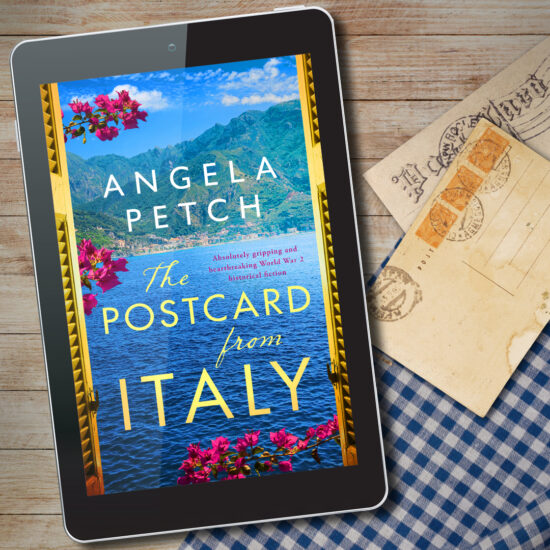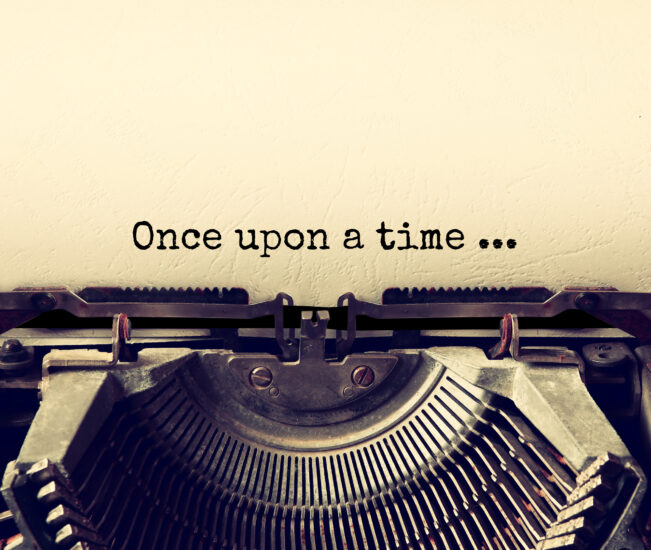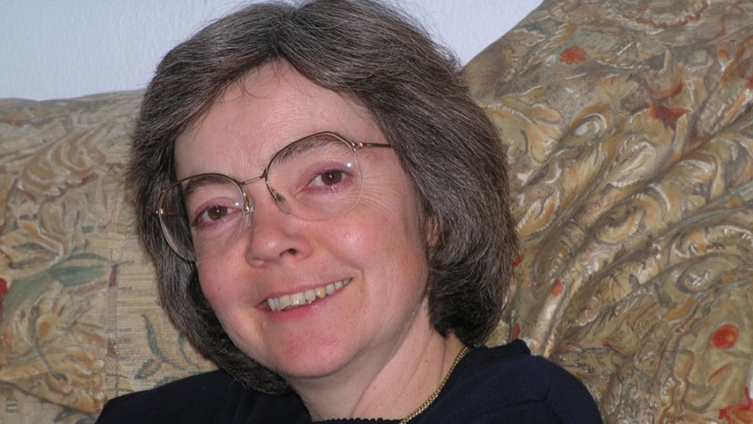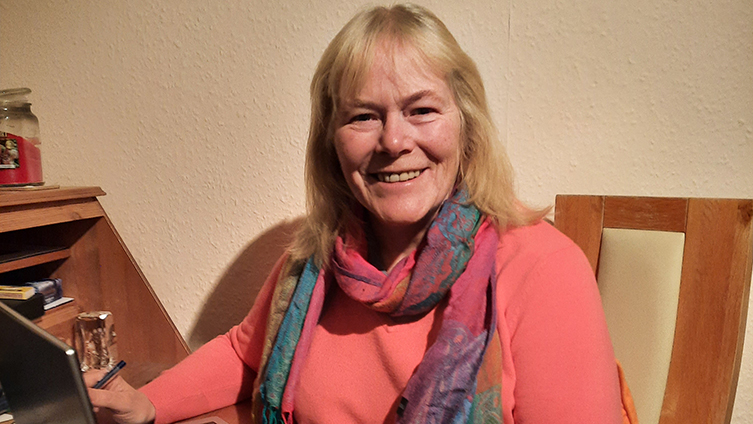
Angela Petch is a successful “Friend” short story writer and novelist. Here I ask Angela about writing for the two formats, and she shares some of her writing tips.
Am I right in saying you were already a novelist before writing for the “Friend”? What appealed about the switch to short stories?
I was a self-published novelist, yes. My first novel was then picked up and published by Bookouture and they have helped sell almost a quarter of a million copies. I never imagined that would happen and I still think I’m dreaming.
I have always been a member of writing groups and written short stories, so writing for the “Friend” was not a switch in direction. Short stories led me to attempting a book. In fact, I think short stories are harder to write. Shh – don’t tell anyone.
Initially, did you find writing for the “Friend” market challenging? If so, how did you adapt?
Every word must always count, no matter what you write. But with a short story, wordiness shows up more. I think short story writers have to be very disciplined and in control of what they put down on paper. Long passages of introspection don’t work well and the art of “showing, not telling” is a vital skill.
When my first short story was accepted by the “Friend”, I leapt about the house screaming. Working with an editor for the first time was a revelation. I really enjoyed this process. It is great to be guided. Somehow, it frees up the writing. (I edited my own self-published books and I don’t recommend this.)
You have a book coming out this month entitled “The Postcard From Italy”. Tell me about the book and what inspired you to write it?
I am a child of the 50s, so the Second World War was always only a fingertip away. My parents lived through this period; Dad wears his army uniform in their wedding photos. My mum’s only brother (Billy) was a rear gunner in the RAF and, tragically, his Liberator was shot down over what was then known as Yugoslavia, where he is buried. He had flown from an airbase in Puglia, southern Italy, on a mission to drop supplies to partisans.
Three years ago, my husband and I visited Puglia and I fell in love with this beautiful region. I knew immediately that I wanted to set a story there. My hero has my uncle’s name and identity number but he survives the air crash and is rescued by a fisherman. But Billy has lost his memory.
In my book, I explore complications that arise when memory disappears and then returns. What happens to the family left behind? Of course, there are a couple of love stories, too, and I’ve included a mysterious painting and two postcards with enigmatic messages.
I loved writing it and yesterday I listened to part of the audio book, which is beautifully delivered. Publication date is March 16 and all versions are available from Amazon.
For aspiring scribes reading this, do you have any advice or tips to help them get started?
Join a writing group where you feel safe to share your work. Listen to constructive criticism, but remember it’s your own work. Keep a notebook and pen on you all the time to jot down ideas, observations, snatches of conversation, interesting words and sights, sounds and smells. I think of short stories as “slices of life”; so be nosy!
They say you shouldn’t be friends with an author. On my desk I have a mug with this inscription: “I am a writer. Anything you say or do may be used in a story.”
Finally, write something every day, even if it’s only one line and read, read, read. (Especially stories in the “Friend” and study their guidelines as well as several copies of the magazine. The stories are fabulous and go perfectly with a coffee or tea break.)
What makes a good fiction writer?
Goodness! This is hard to answer. Somebody who manages to sweep readers to another place, move them, reduce them to tears, laughter and thoughtfulness; who writes such good fiction that after the last page is written, the story lives on.
Somebody who loves words, who collects them like another person might collect antiques or stamps.
A good fiction writer is most likely somebody who reads a lot, who continues to want to learn the craft and always has a mind open to new stories – like a curious magpie.
How do you feel after writing a novel – sad that the journey has ended? Relief or jubilation?
It is a mixture. I remember a surreal moment after finishing my second novel, which I’d written to record a local way of life in the corner of Italy where we live for six months each year.
In “A Tuscan Memory”, I wrote about a shepherd who walks for ten days with fellow drovers down to the sea from the mountains, leaving family behind for eight months every year. I did a lot of research. This way of life stopped in the 1950s. I think I almost fell in love with Giuseppe. It was a hard life and he had difficult decisions to make.
We were having supper in an old house belonging to a friend, where I had imagined him to have lived. At one point, I felt he was sitting by the fire near us and listening in. I suppose what I am trying to say is the characters become very real to me and I miss them after the last page is written.
But there is also pride when a book is finished . . . and relief. It takes me a year to write a book of 100,000 words, and after the various rounds of edits are completed, it is time to put it to bed and move on.
The thrill of seeing my books lined up on my bookshelf is still very tingly.




